Thailand bay made popular by ‘The Beach’ closes indefinitely
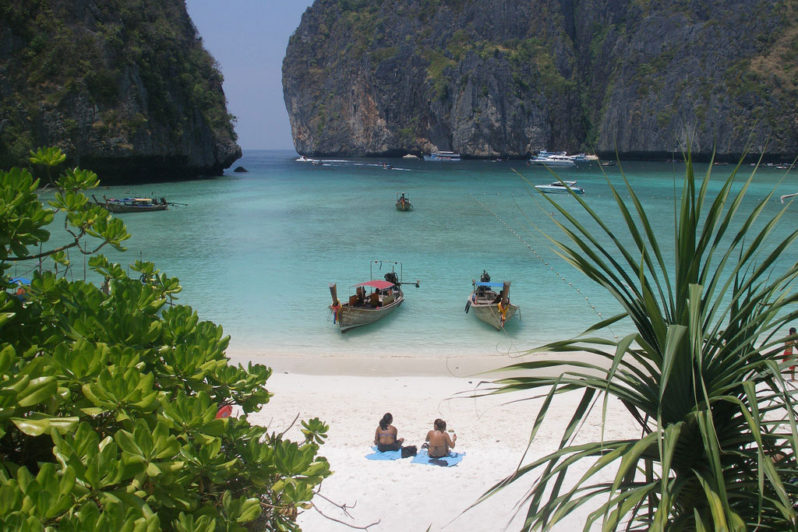
“Maya Bay”, a popular day-trip destination, was due to reopen this month following a temporary tourist ban. But on Tuesday, Thailand’s Department of National Parks, Wildlife and Plant Conservation (DNP) announced the bay will remain closed indefinitely.
The US would suffer some of the biggest costs of climate change
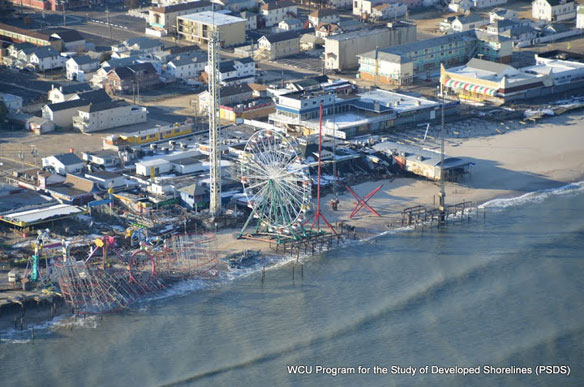
Climate change is a classic tragedy of the commons: every country acting in its own self-interest contributes to depleting a joint resource, making the world worse for everyone. The social cost of carbon (or SCC) is a way to put a price tag on the result of that tragedy, quantifying just how much climate change will cost the world over the coming generations.
As sand mining grows, Asia’s deltas are sinking, water experts warn
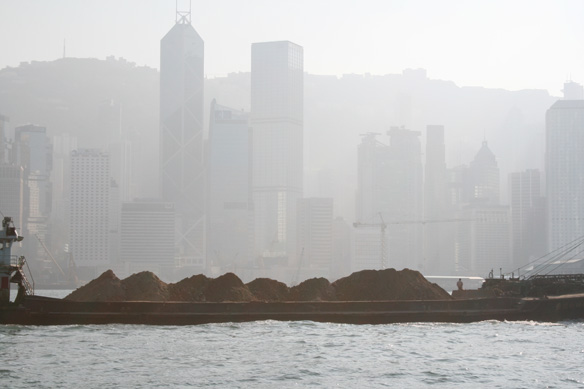
Sand mining from rivers is depriving many low-lying Asian deltas of the sediment they need to maintain themselves, raising the risk of worsening land loss to sea level rise, researchers say.
Hawai’i land impacted by sea level rise may be double previous estimates
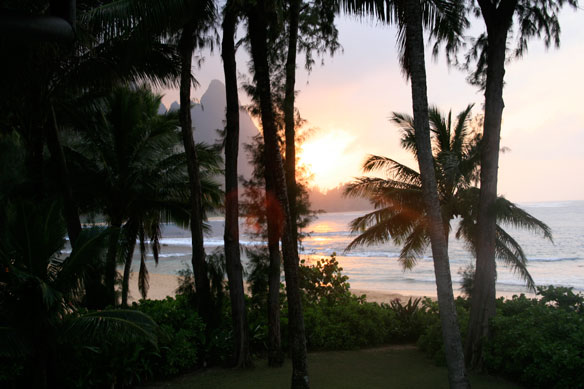
By including models of dynamical physical processes such as erosion and wave run-up, a team of researchers has determined that land area in Hawai’i vulnerable to future sea level rise may be double previous estimates.
Paris Conundrum: How to Know How Much Carbon Is Being Emitted?
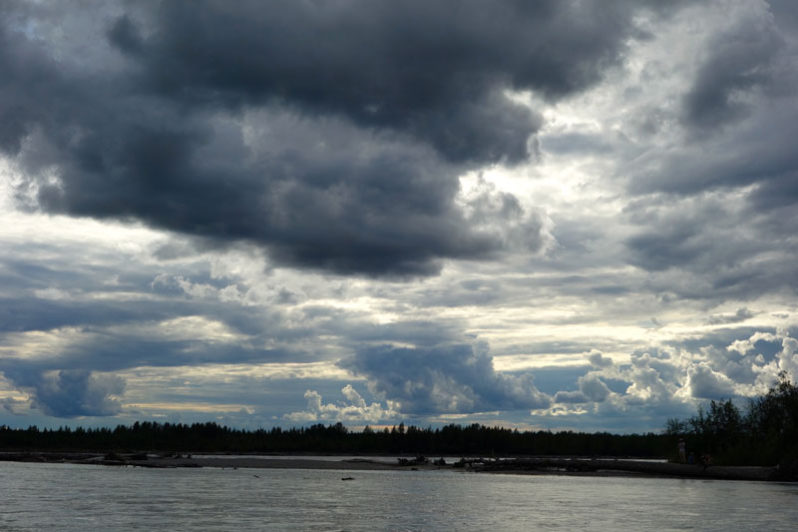
As climate negotiators consider rules for verifying commitments under the Paris Agreement, they will have to confront a difficult truth: There currently is no reliably accurate way to measure total global emissions or how much CO2 is coming from individual nations.
PCB pollution threatens to wipe out killer whales
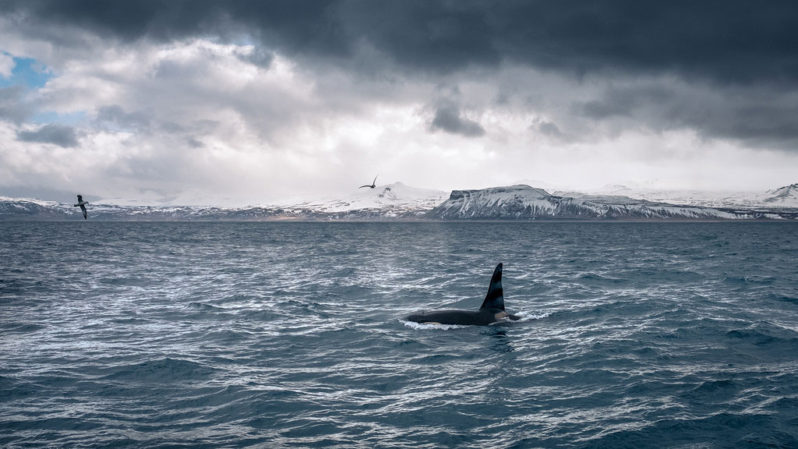
More than 40 years after the first initiatives were taken to ban the use of PCBs, the chemical pollutants remain a deadly threat to animals at the top of the food chain. A new study shows that the current concentrations of PCBs can lead to the disappearance of half of the world’s populations of killer whales from the most heavily contaminated areas within a period of just 30-50 years.
Beach sand ripples can be fingerprints for ancient weather conditions
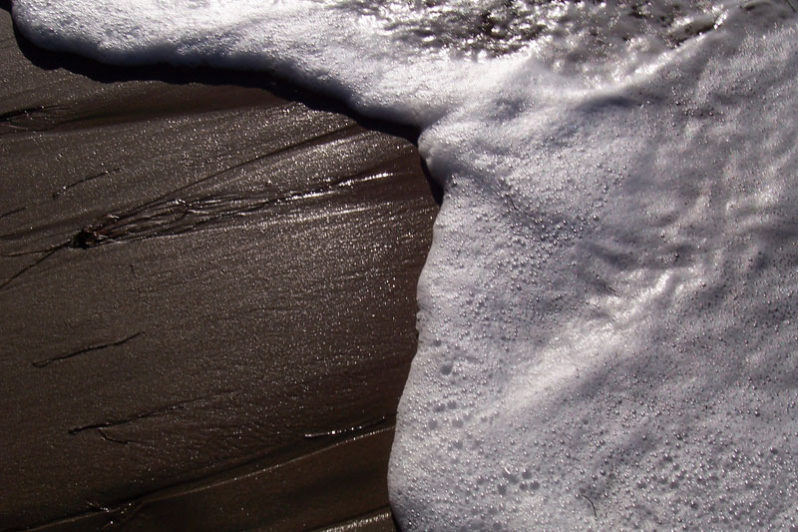
Experiments show shifting ripple patterns can signal times of environmental flux.
“A Never-Ending Commitment”: The High Cost of Preserving Vulnerable Beaches
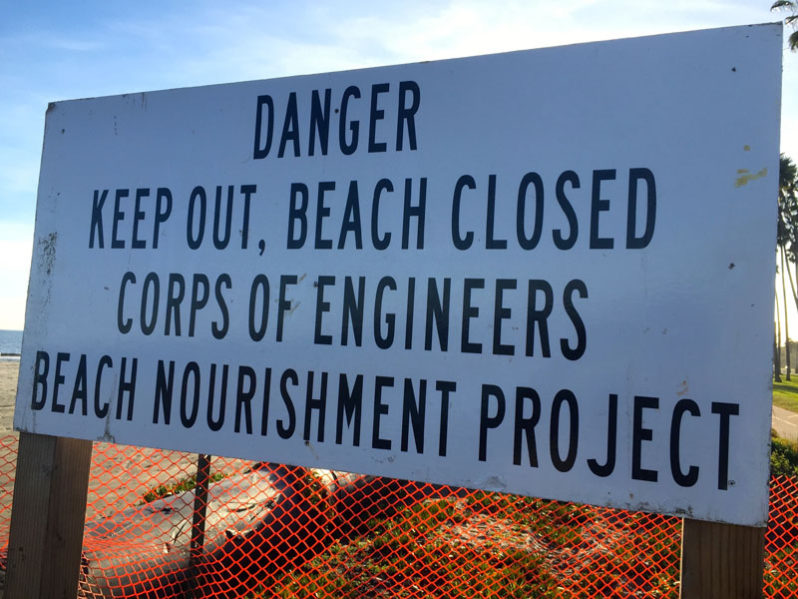
In the wake of hurricanes like Florence, the U.S. government pays to dump truckloads of sand onto eroding beaches, in a cycle that is said to harm ecosystems and disproportionately benefit the rich.
Microplastics found deep in sand where turtles nest
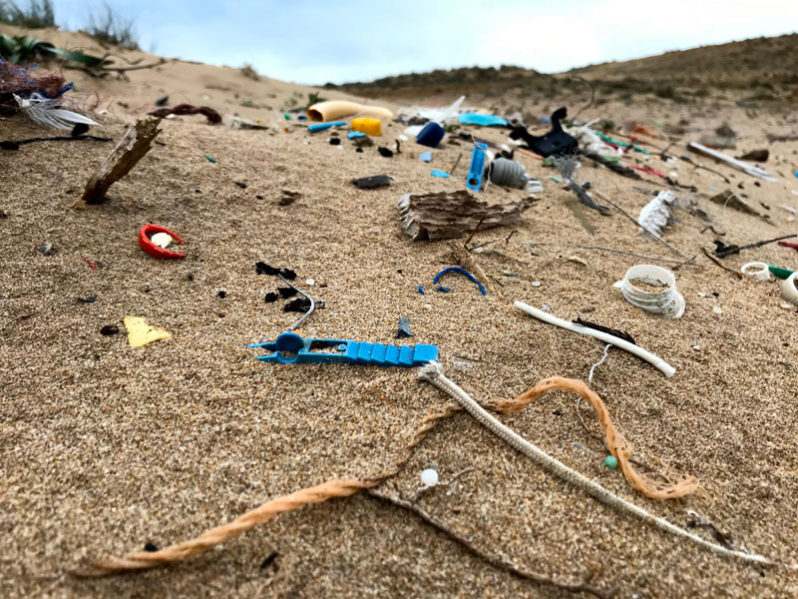
Scientists found an average of 5,300 particles of plastic per cubic metre at depths of 60cm (2ft) on beaches in Cyprus used by green turtles and loggerheads. These beaches in Cyprus are located far from industrial practices and aren’t visited by large numbers of people. The findings support the theory that beaches act as a “sink” for marine micro plastics.
